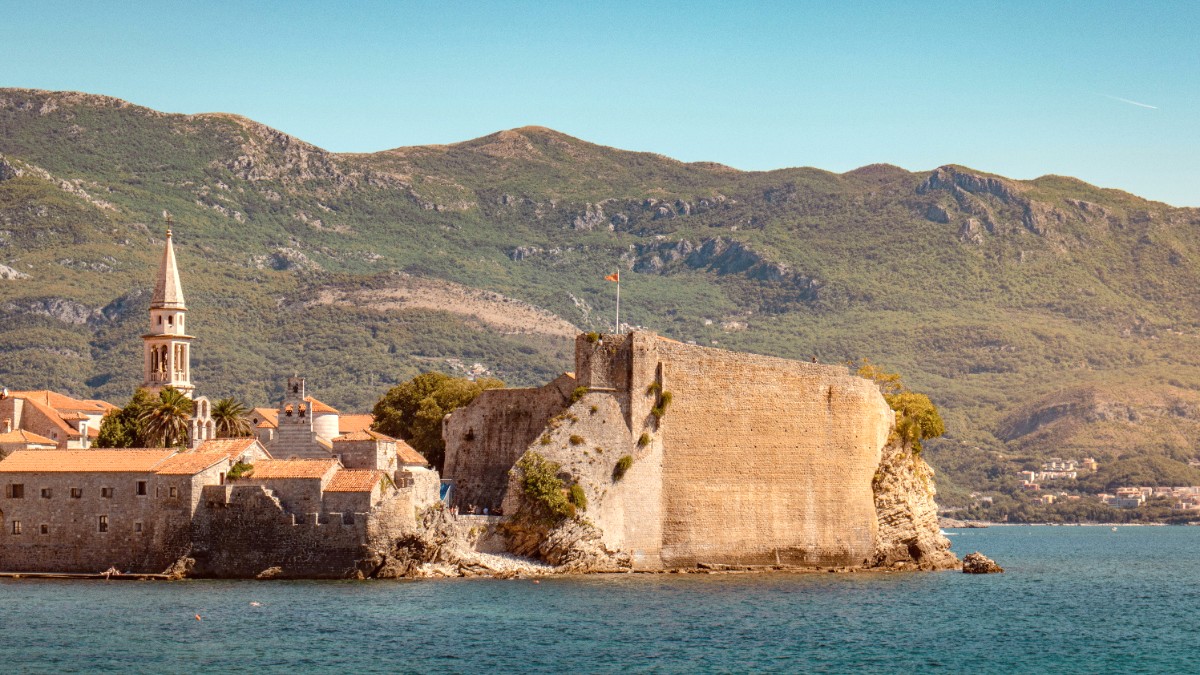
Coastal Montenegro, Montenegro
Many nationalities enter Montenegro visa-free for stays up to 90 days within a 180-day period. This includes citizens of the USA, Canada, UK, EU member states, Australia, and New Zealand.
For other nationalities, a visa may be needed. Visa applications are typically made to a Montenegrin embassy or consulate in the applicant's country of residence. Types include tourist, business, and transit visas. Requirements vary by nationality. Check the Montenegrin Ministry of Foreign Affairs website for current information specific to your passport. Begin this process early if a visa is necessary.
No specific entry fees apply to tourists at the border. Upon arrival, travelers must register with the local police or a tourist organization within 24 hours of entering Montenegro. Hotels typically handle this registration for their guests. Registration failure can lead to fines or deportation. Confirm with your accommodation that they handle this for you.
No general special permits are needed for tourism in Budva or coastal Montenegro. Specific activities like national park visits may have entrance fees. These are usually paid at the park entrance.
90-day stays
USA, Canada, UK, EU, Australia, NZ.
Check specifics before departure.
Apply at embassy
Apply to Montenegrin embassy/conculate.
Commence the process early for processing time.
Mandatory for all visitors
Register with local police or tourist organization.
Hotels often handle this for guests.
Your passport should be valid for at least three months beyond your stay. It should have blank pages for stamps.
Proof of your planned exit from Montenegro, like a return or onward ticket, is necessary.
Check the Montenegrin Ministry of Foreign Affairs website for current information. Alternatively, services like IVisa or VisaHQ offer consumer application routes.
If a visa is necessary, start the application process well in advance for processing time.
Gather all necessary papers as specified by the embassy or consulate.
Some visa types might come with an interview requirement.
Allow ample time for processing to avoid travel delays.
Plan your budget based on your travel style. Budva presents options for budget travelers, mid-range visitors, and those seeking luxury.
The official currency of Montenegro is the Euro (€).
Budget estimates for different travel styles.
Typical prices for various services.
Prioritize your health and safety during your Budva trip. Familiarize yourself with health recommendations, emergency procedures, and local safety tips.
Ensure your routine vaccinations (MMR, DTaP, Varicella, Polio, annual flu shot) are current.
Typical recommendations include Hepatitis A and Tetanus.
Always consult a travel health professional for personalized advice before your trip. They assess individual health needs.
Hospitals, Pharmacies, Emergency Numbers
Budva has a general hospital and several private clinics. For serious emergencies, patients might transfer to larger hospitals in Kotor or Podgorica, which have more specialized care.
Pharmacies are widely available in Budva. They typically open during business hours, with some offering extended hours for convenience.
Emergency Number: Dial 112 for General Emergency services (Police, Fire, Ambulance).
Summers in Budva are hot. Use High SPF sunscreen and wear a Wide-brimmed hat. Stay hydrated with Bottled water, especially outdoors.
Tap water is generally safe. Visitors with sensitive stomachs may prefer bottled water. Practice good food hygiene.
Pack a basic travel first aid kit. Include items for cuts, scrapes, and blisters. These small injuries can disrupt your trip if not addressed.
Be aware of potential environmental risks.
Budva is generally a safe destination for tourists. However, some precautions are advised.
Pickpocketing occurs in crowded areas, especially during peak season. Be notably watchful in the Old Town, busy beaches, and at the bus station.
Remain aware of your surroundings, especially at night. Avoid isolated areas.
Do not leave valuables unattended on beaches or in public spaces.